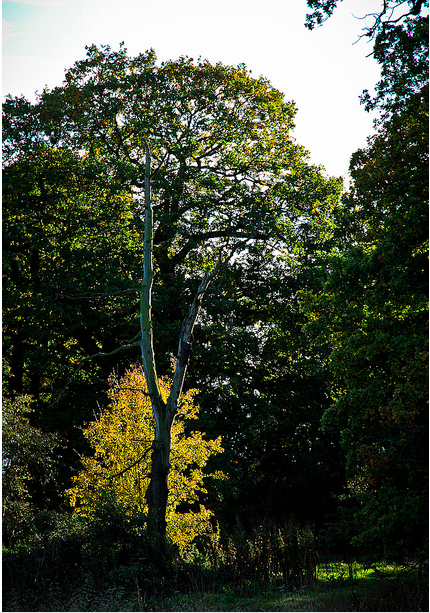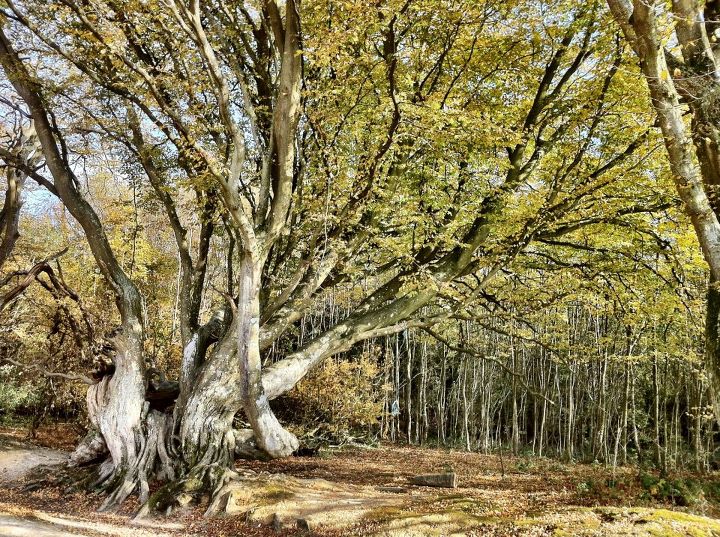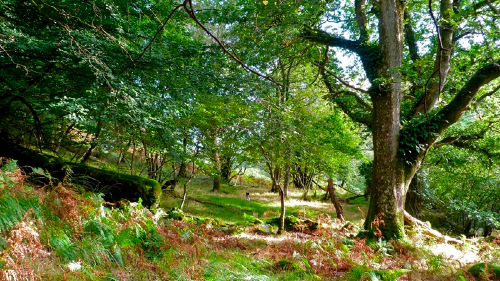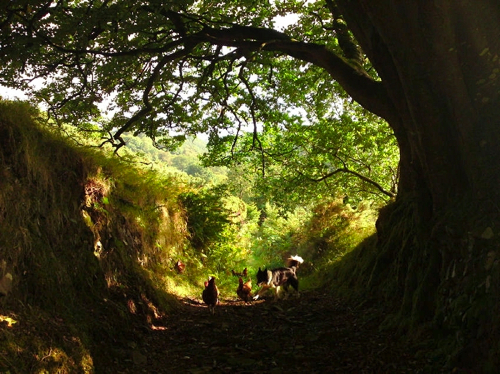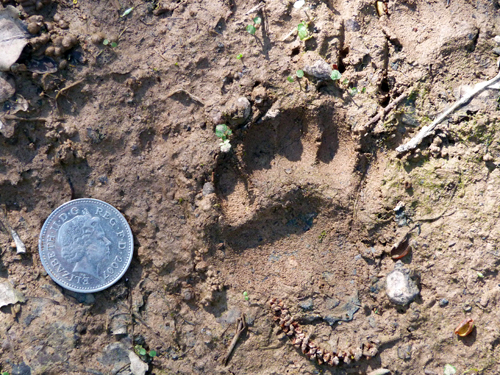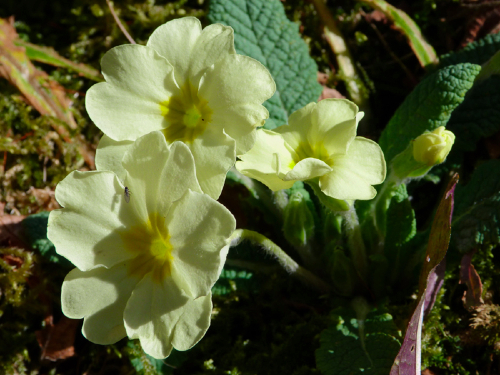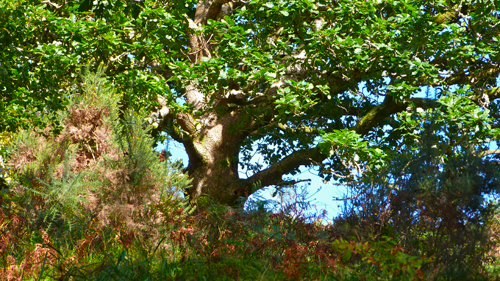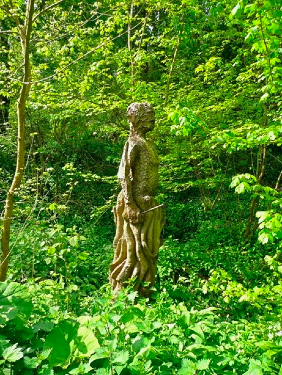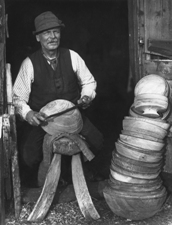by John Bainbridge
People love woodlands!
That is the resounding message being sent to the politicians following the appalling decision to sell off Forestry Commission woodland. It is hard to think of any political move of recent times that has aroused so much public ire – or brought about such a speedy, though I fear temporary, halt to an insane policy.
Some conservation groups have suggested that all they need to do is fight for public access to the threatened woodlands. But surely that is not enough!
Despite that line of argument, it is quite clear that the public opposed woodland sales – full stop.
Of course access matters. I believe that we should have full and unrestricted access to all woodland, as is the case under Scottish law – subject to common sense restrictions, perhaps where a real case can be made out for nature conservation. But I do feel that legislation is overdue, granting a freedom to roam, not only to woodland but much else of the English and Welsh countryside – such a right already exists in Scotland.
Britain’s woodlands are the landscapes most denied to the people of our country, their glades the backdrop to most of the conflicts between landowners and the landless. On many rural walks you will encounter every permutation of Keep Out and No Trespassing signs, warning of dire consequences if you stray from lane and path and attempt to enter these green havens.
It was not always so.
A couple of centuries ago local inhabitants would wander quite freely through the greenwood, gathering nuts fallen from the trees, and deadwood for their cottage fires, or just enjoying the tranquillity of being amongst the trees. The rot set in at around the same time as the Enclosure Acts.
The creation of forbidden woodlands turned the vast majority of the people of these islands into trespassers. Woodlands that were once free became restricted zones for our ancestors, festooned with man-traps and spring guns to intimidate. Their boundaries surrounded by high walls or miles of barbed wire.
Disgracefully, that is still the situation in what should be a more enlightened twenty-first century.
There are, of course exceptions. A number of individual landowners, such as the Woodland Trust, allow free access. But they are in a minority. Some years ago, the Forestry Commission was forced by the Thatcher government to sell woodlands, more went in the Blair years of government. It led to once public woodlands being closed to the public, even though people had enjoyed free access for many years.
That could be the consequence of any future sales. And even if access is allowed, who is to say that the woodlands will not be compromised to such an extent that no one would want to walk through them.
Will the access be limited to woodland paths, which might be fenced in, robbing us of the sense of freedom we get now when walking between the trees? Will we be walking through theme parks, paintballing sites? Tied to narrow passageways through areas used for shooting? That is the danger of restricting the sales of woodlands argument to just access. Who is to say that sold-off woodlands won’t be destroyed or developed?
The groups fighting just for access seem blinkered, not taking these dangers into account.
The voice of the public has interrupted the sales process, but is it being listened to? It is quite clear that the terms of reference given to the working panel are extremely restricted, ministers have clearly stated that the status quo is not an option.
Such threats have made people realise just how much they love their woodlands. How much they feel they need a stake in their ownership. And that is why it is quite wicked to even contemplate the sale of Forestry Commission land. As so often in this country, the majority are being robbed for the benefit of a particularly small minority.
The government parades the notion that much of these sold woodland would pass into the hands of local conservation groups, or national charities. But would they? And would these organisations have the funding to maintain them in the way that the Forestry Commission does, with the same level of public involvement?
I doubt it.
In the end, while some key and famous forests would end up somehow in the public domain through conservation interests, the vast majority would fall into the grasp of game shooters and developers.
I fear time is running out for our woodlands. The fight to save our woods has barely begun.
“John Bainbridge is the author of a number of topographical books, many magazine and newspaper articles, and has appeared regularly on television and radio. He is a passionate campaigner for access to the countryside.”
John Bainbridge: www.johnbainbridgewriter.com
Blog: stravaigerjohn.wordpress.com
Photo credits:
Huge thanks to Wendy, Jamie, Dave and Sarah for the beautiful photographs in this article!
Sarah, Alvcote Wood: @AlvecoteWood / www.alvecotewood.co.uk
Woodland Dave: @WoodlandDave / @_wildscience_
Jamie Buchanan Dunlop: @JamieBD / www.digitalexplorer.co.uk
Wendy Tagg: @WendyTagg




